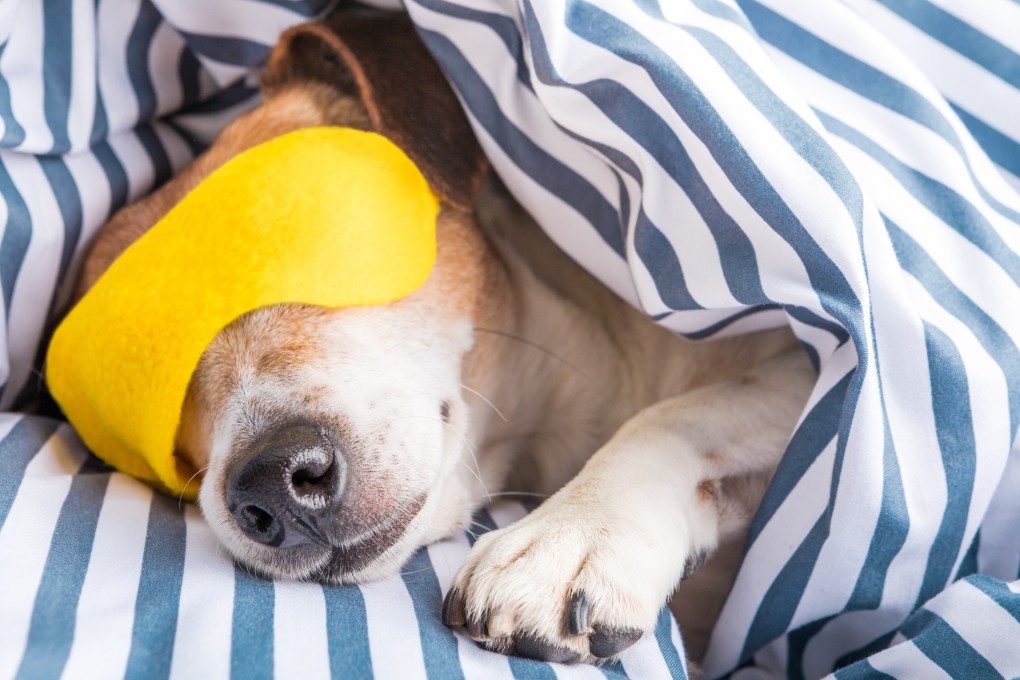4 tips to help you nap better
Why do you sometimes feel groggy after 40 winks? How long is the perfect snooze? Is napping even the right move for you?

Sometimes you can feel like the only thing to get you through the rest of the day is a nap. You lie down for a quick 45-minute snooze, only to wake up hours later wondering what day it is? Your body feels heavy, your brain is fuzzy, and you’re feeling anything but refreshed.
Turns out it isn’t whether or not you nap, but how you nap that matters.
It’s true that naps are generally good for you when done right (more on that in a second), but when you sleep too long or too late, they can cause trouble.
One big culprit? Sleep inertia.
“Sleep inertia is when the brain wants to keep sleeping and complete a full sleep cycle,” says Dr Cynthia Bodkin, sleep medicine physician at IU Health in the US.
“How strong the sleep inertia is depends on how sleep-deprived one is.” Genetics can also make a difference in how hard you’re hit by sleep inertia.
Another issue for most people who grapple from grogginess is that they sleep longer than they should.